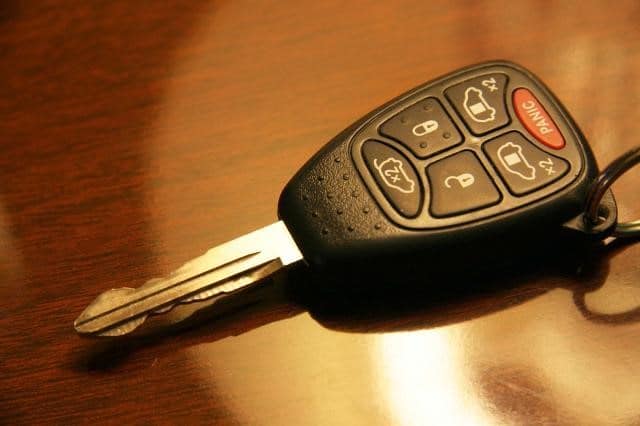When you’re in a position where you need cash fast, title and cash loans can seem like a light at the end of the tunnel. After all, receiving all the money you need in hand is difficult to turn down and you’re sure that you can pay back the balance by your next paycheck. Even with this certainty, you may be wondering: what effect do title loans have on your credit score? Like most financial-related questions, the answer isn’t written in black in white.
What is a Title Loan?
Before we talk about the effect that title loans have on your credit, let’s explore what a title loan is and how it works. Title loans involve using the title of your car as collateral for a loan. So if you fail to pay your loan within the set agreement, you will essentially lose your vehicle.
Financial experts often consider title loans as a poor financing choice because of their high annual percentage rates, but if you know that you will have the cash to pay back the loan before the loan is due, it can be a viable solution in an urgent situation. To avoid losing your vehicle, it’s essential that you make your payments in full and early if possible.

Understanding Secured & Unsecured Loans
Title loans are treated differently than traditional bank loans because they are secured. A secured loan means that you have provided your lender with collateral. In the case that you cannot manage your loan, this provides the creditor protection against their investment. These types of agreements are common with paycheck loans, pawn shop loans, car title loans, and any other loan types that require collateral.
Conversely, unsecured loans do not require any collateral. These types of loans are more traditional and provided by larger banking institutions. Instead, unsecured loans approvals are based solely on creditworthiness and trust. All unsecured loans require a credit check.
How Toes a Title Loan Affect My Credit?
Title loans don’t have a significant effect on your credit. Some title loan lenders don’t even require a credit check before they grant you an approval. This type of financing is often a solution for individuals with low credit who need money fast.
While making payments on time will generally help improve your credit, this isn’t the case with title loans. On the other side of things, occasionally missing a title loan payment will not automatically lower your score either- as long as your loan specialist does not repossess your vehicle.
The only time a lender may report your car title loan to the credit bureaus is under the circumstance of vehicle repossession. Losing your car is not only damaging to your life, but can affect your credit negatively for years.
What are my options if I can’t meet my title loan requirements?
If you find yourself in a hardship where you cannot pay your title loan it may be tempting to walk away – they don’t count against your credit score, right? Besides losing your car, failing to meet your loan agreements can negatively impact your credit and your finances.
The consequences of walking away from your title loan will ultimately depend on your agreement with your lender. In many cases, if you offer up your car for repossession voluntarily, the lender will not report the failed agreement on your credit score. However, many lenders don’t actually want your vehicle. Auctioning off your car may be less profitable than forcing you to make the payments. If this is how your lender prefers to operate, you may find difficulty in getting out of your title loan.
Before you sign any contracts, it’s important to understand the terms of your loan entirely. Your agreement should detail whether or not your lender has the right to refuse your collateral in exchange for payment. While this type of arrangement won’t necessarily affect your credit, failing to understand the terms of your agreement and communicate with your lender could have a negative impact on your finances.


